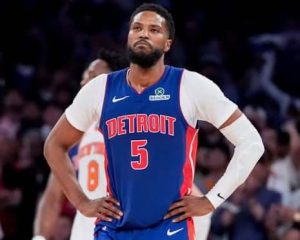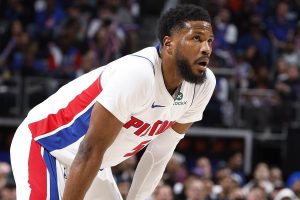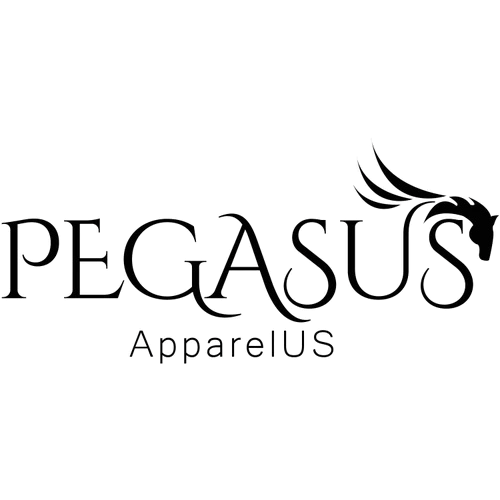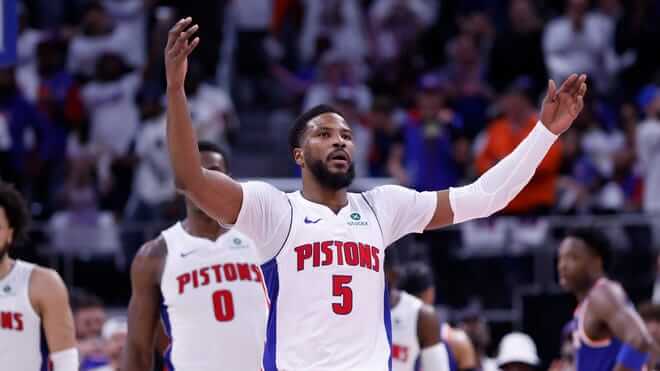world news
Malik Beasley and the NBA’s Gambling Reckoning: Behind the Federal Investigation That Shook the League
The Breaking News: A Rising Star Under Federal Scrutiny
On June 29, 2025, the sports world was stunned when news broke that Malik Beasley, veteran shooting guard for the Detroit Pistons, had become the subject of a federal investigation over alleged gambling-related violations. The story, first reported by TMZ and quickly confirmed by major outlets like ESPN, AP, NBC Sports, and Reuters, revealed that federal authorities from the Eastern District of New York were investigating Beasley’s involvement in suspicious betting activity during his 2023–24 season with the Milwaukee Bucks.
The spotlight fell on a specific set of prop bets—those tied to Beasley’s individual performance stats, particularly rebounds. Reports indicated that a major sportsbook flagged unusual betting patterns in January 2024. The bets weren’t on game outcomes, but on seemingly minor stats like Beasley collecting fewer than 2.5 rebounds. Curiously, these bets drew heavy action, leading to drastic odds swings before tip-off. In one example, the line shifted from +120 to –250 before Beasley notched six rebounds.
Though no charges have been filed, the case is developing rapidly. Law enforcement officials are exploring whether insiders had unauthorized knowledge of Beasley’s playing conditions. The league is fully cooperating with federal authorities, while Beasley’s attorneys have emphasized that the investigation is preliminary and that the player maintains his innocence. But for the NBA, which has already seen scandals like Jontay Porter’s lifetime ban for gambling, the timing couldn’t be worse. The scrutiny now facing Beasley isn’t just about one player—it’s about the integrity of the sport itself.

Inside the Investigation: Prop Bets, Data Trails, and Betting Surges
Prop betting has become a double-edged sword for professional sports. It enhances fan engagement and drives revenue, but it also introduces vulnerability. Beasley’s case illustrates this risk with unsettling clarity. The bets in question weren’t about who won or lost—they were about specific in-game stats that could potentially be influenced with subtlety. That’s why bets on “under 2.5 rebounds” or “over 1.5 assists” attract the attention of both sportsbooks and investigators.
The January 2024 incident was a turning point. A sudden betting surge on Beasley’s rebounding stats caught the eye of sportsbook analysts. Odds on his under-performance changed dramatically, then—perhaps ironically—he exceeded expectations. It was this kind of irregularity that initiated internal alerts and eventually escalated to federal authorities. ESPN confirmed that the probe centers on whether the betting behavior was informed by non-public information, and if so, who had access to it.
In sports betting investigations, patterns are key. A single anomaly might be overlooked, but repeated shifts in betting behavior—especially around one player—can trigger regulatory red flags. Investigators will now seek communication records, bank statements, and digital footprints that might connect Beasley or his associates to those placing the suspicious bets. They’ll also examine whether he was aware of the betting activity or if the bettors were exploiting inside information without his knowledge.
Still, it’s worth noting: as of now, there is no public evidence directly linking Beasley to any wrongdoing. The investigation is ongoing, and both the league and federal officials have emphasized due process. But in a post-Jontay Porter world, even the suggestion of impropriety is enough to shake public confidence and halt career momentum.
Career on Hold: From Breakout Season to Contract Uncertainty
Malik Beasley’s timing couldn’t be worse. Coming off a standout season with the Detroit Pistons, Beasley had just posted the best numbers of his nine-year NBA career. He played all 82 games, averaged 16.3 points per game, and led the league in three-point shooting percentage for much of the season. His 319 made threes ranked second overall in the league, trailing only Stephen Curry. For the Pistons—deep in a rebuild—Beasley was a consistent and valuable veteran presence.
That success had positioned him for a significant contract extension. Rumors swirled in early June that Detroit was preparing a three-year, $42 million offer to retain him long-term. But within hours of the federal probe going public, all negotiations were reportedly suspended. League insiders confirm that both Detroit and other interested teams are taking a wait-and-see approach, unwilling to commit cap space amid unresolved legal questions.
For Beasley, the financial implications are massive. Even if he avoids legal trouble, the stain of investigation could cost him millions. If charges are filed, or even if the NBA enacts a suspension before resolution, his value could crater. In the worst-case scenario—reminiscent of Jontay Porter’s lifetime ban—he could find himself out of the league entirely.
Public opinion may also play a role. Fans have become increasingly wary of scandals that challenge the purity of competition. Beasley’s denial of wrongdoing might not be enough to preserve his reputation in the short term. Rebuilding trust, should he be cleared, will take time, transparency, and performance both on and off the court.

The NBA’s Gambling Dilemma: A Crisis of Confidence
Malik Beasley’s situation underscores a broader and rapidly growing concern: the NBA’s deepening entanglement with legalized sports betting. Since the repeal of PASPA in 2018, the league has embraced gambling partnerships, creating lucrative deals with sportsbooks and opening new revenue streams. But as sports betting has grown, so have the threats to integrity.
The league already faced a major gambling crisis in 2024 with the case of Jontay Porter. Porter was found to have intentionally limited his performance in games so that associates could profit from prop bets. He was banned from the league for life—the harshest punishment in modern NBA history. That scandal prompted the NBA to increase its oversight, launch integrity education programs, and enhance its collaboration with betting regulators.
Yet, Beasley’s case proves those measures might not be enough. The league’s current protocols rely heavily on sportsbooks flagging suspicious activity. But with hundreds of prop bets placed daily, the risk of manipulation remains high. Especially vulnerable are players on short-term deals, deep bench roles, or those facing uncertain futures—making them more susceptible to outside influence.
The NBA now finds itself at a crossroads. Does it tighten restrictions, perhaps even ban prop betting on individual performance? Does it increase penalties for even indirect association with suspicious betting? Or does it double down on education and transparency, hoping to stem the tide through awareness?
One thing is certain: the league must act swiftly and decisively. As fans question what they’re watching and bettors lose trust in the system, the NBA’s brand hangs in the balance.
The Bigger Picture: Ethics, Trust, and the Future of the Game
As Malik Beasley awaits the outcome of his investigation, the broader implications extend far beyond one player’s fate. This case touches on the very essence of professional sports: trust. Fans tune in expecting competition to be real, outcomes to be fair, and stats to reflect skill—not manipulation. When that trust erodes, the product suffers.
Legal sports betting was supposed to bring transparency and accountability, steering gamblers away from offshore operations and toward regulated, ethical markets. But what Beasley’s case illustrates is that regulation alone cannot prevent corruption. As long as there is money to be made—by insiders, by gamblers, by rogue actors—there will be those who seek to exploit the system.
That means the solution must be holistic. Leagues must enforce clear and unforgiving standards. Players must understand that their reputations and careers hang in the balance. And regulators must act quickly to investigate anomalies and impose penalties. Most importantly, fans must stay informed. A skeptical, educated fan base is the best defense against corruption, as it pressures teams and leagues to prioritize integrity over profit.
For Beasley, the road ahead is uncertain. He may be exonerated. He may face penalties. But regardless of the outcome, his name will forever be associated with one of the most critical turning points in NBA history. His case will be studied, debated, and used as a benchmark for how professional sports handle the growing threat of gambling.
In the end, this isn’t just about Malik Beasley. It’s about what kind of game the NBA wants to be known for—one driven by passion, competition, and fairness, or one overshadowed by profit, exploitation, and risk.
From pegasusapparelus

